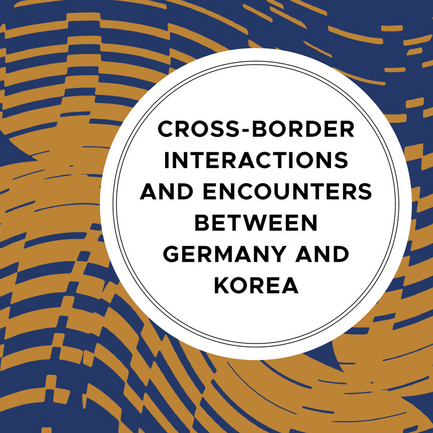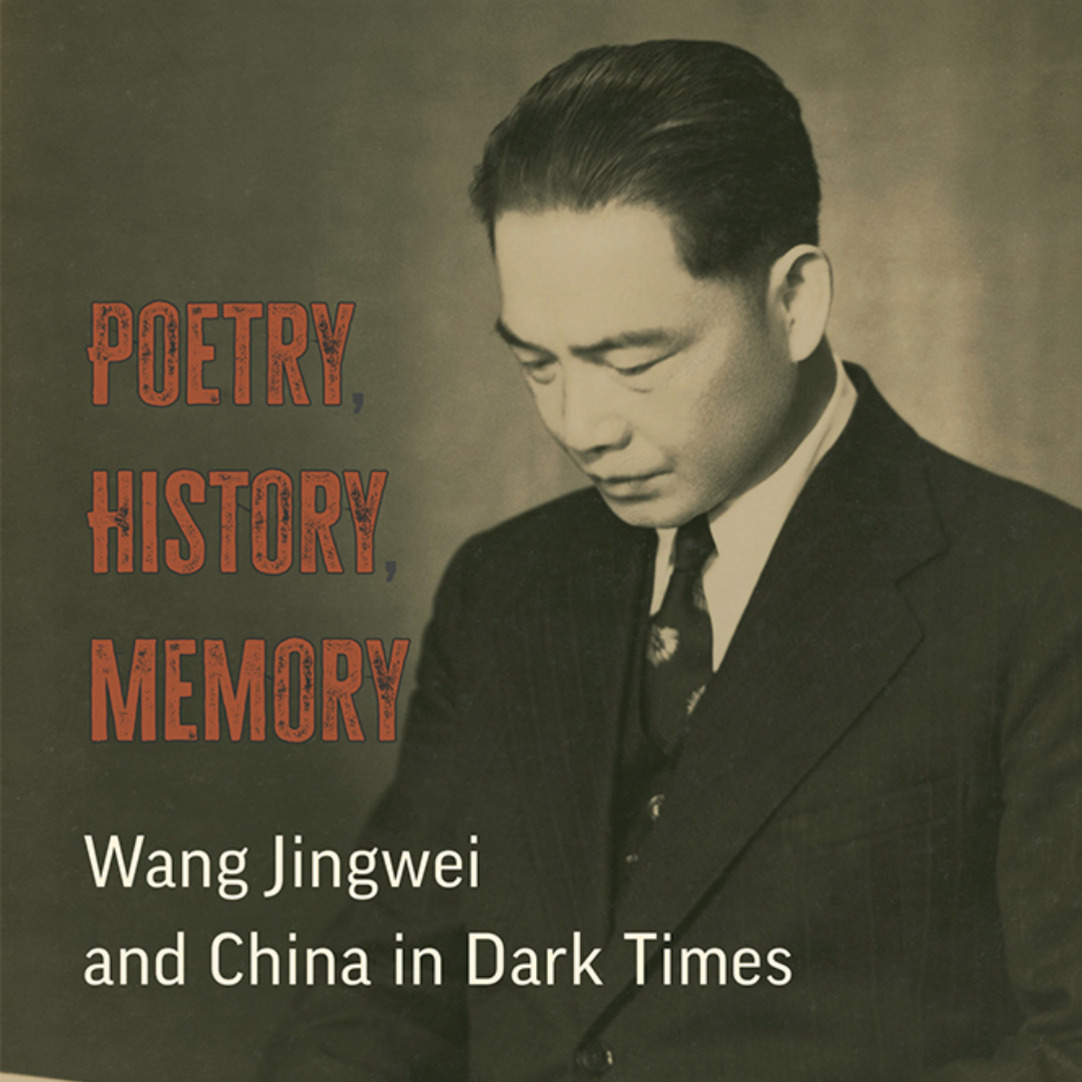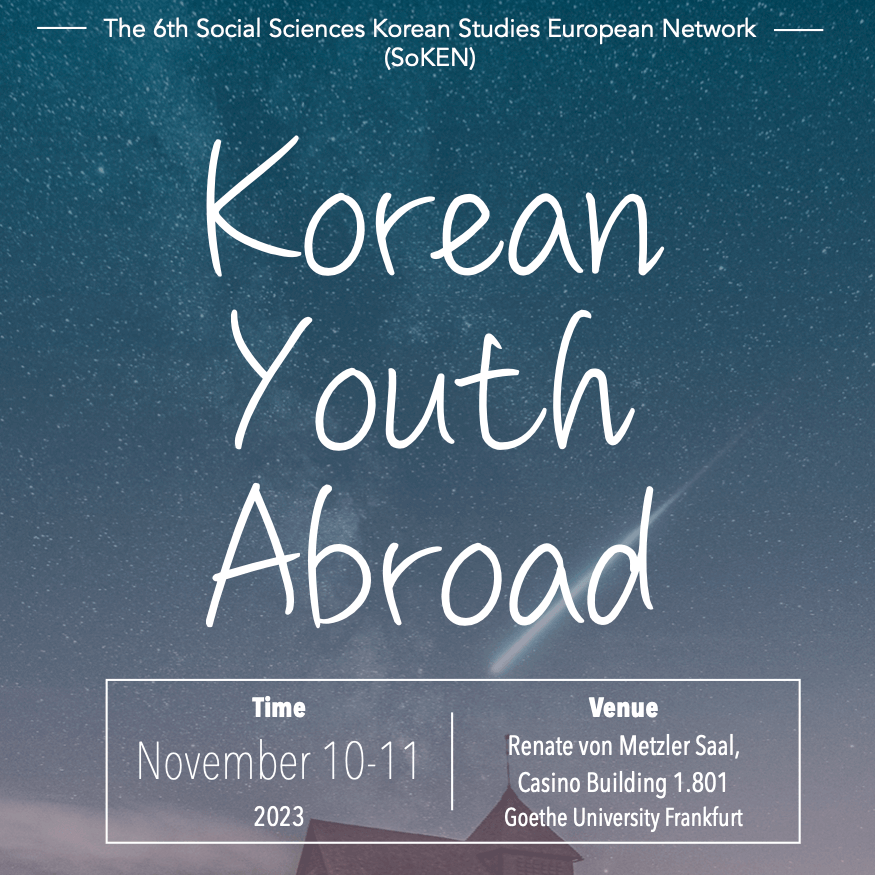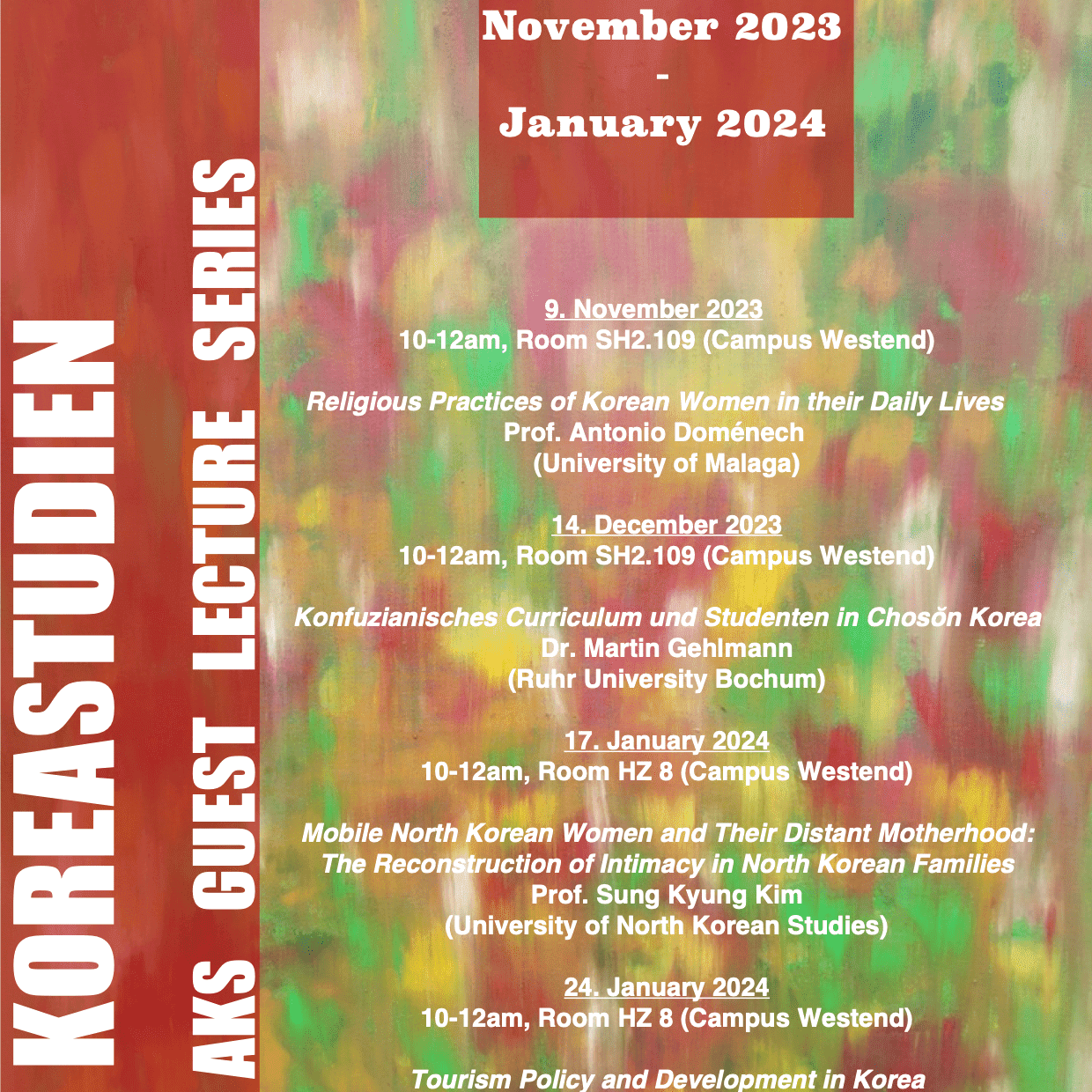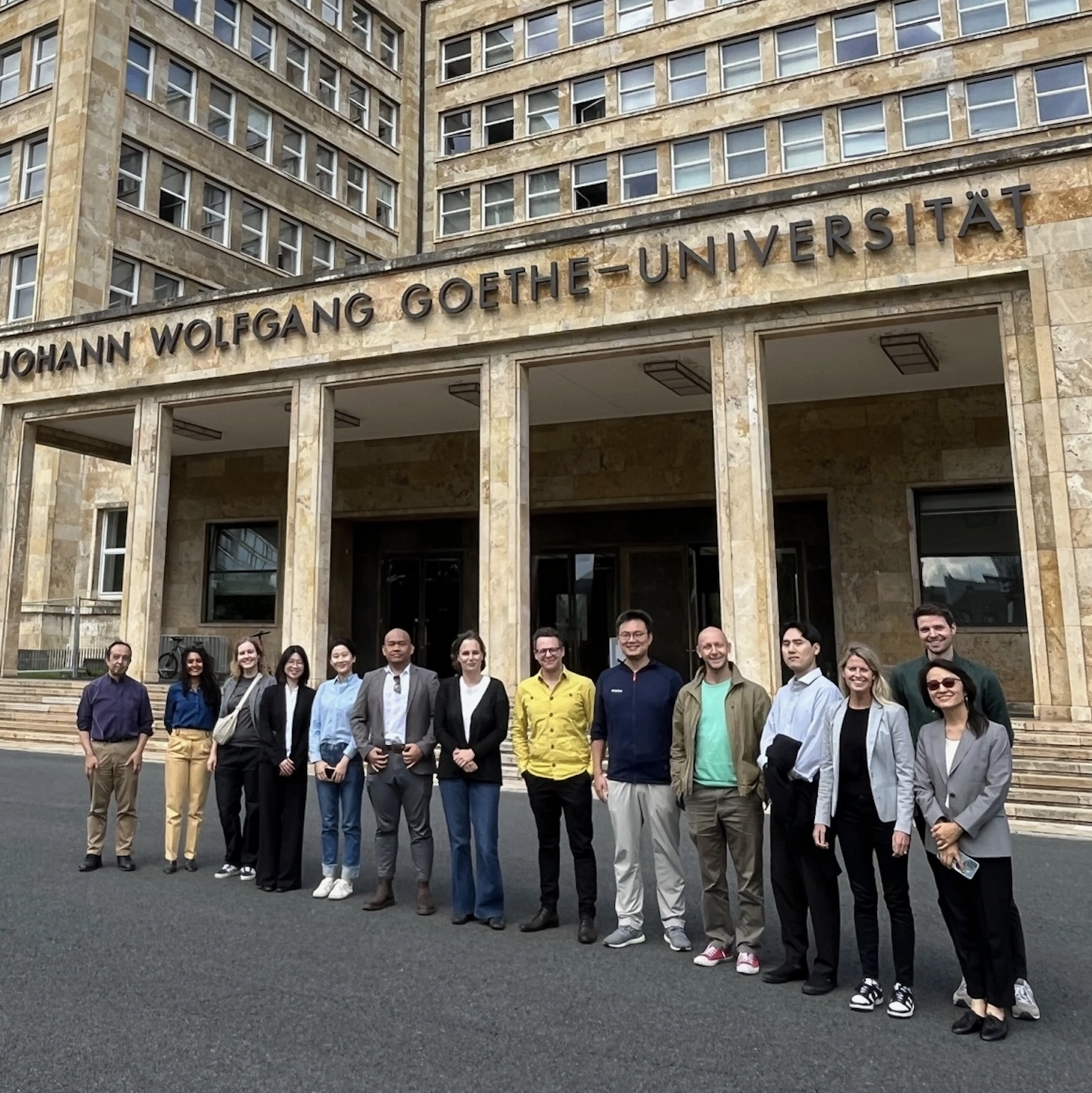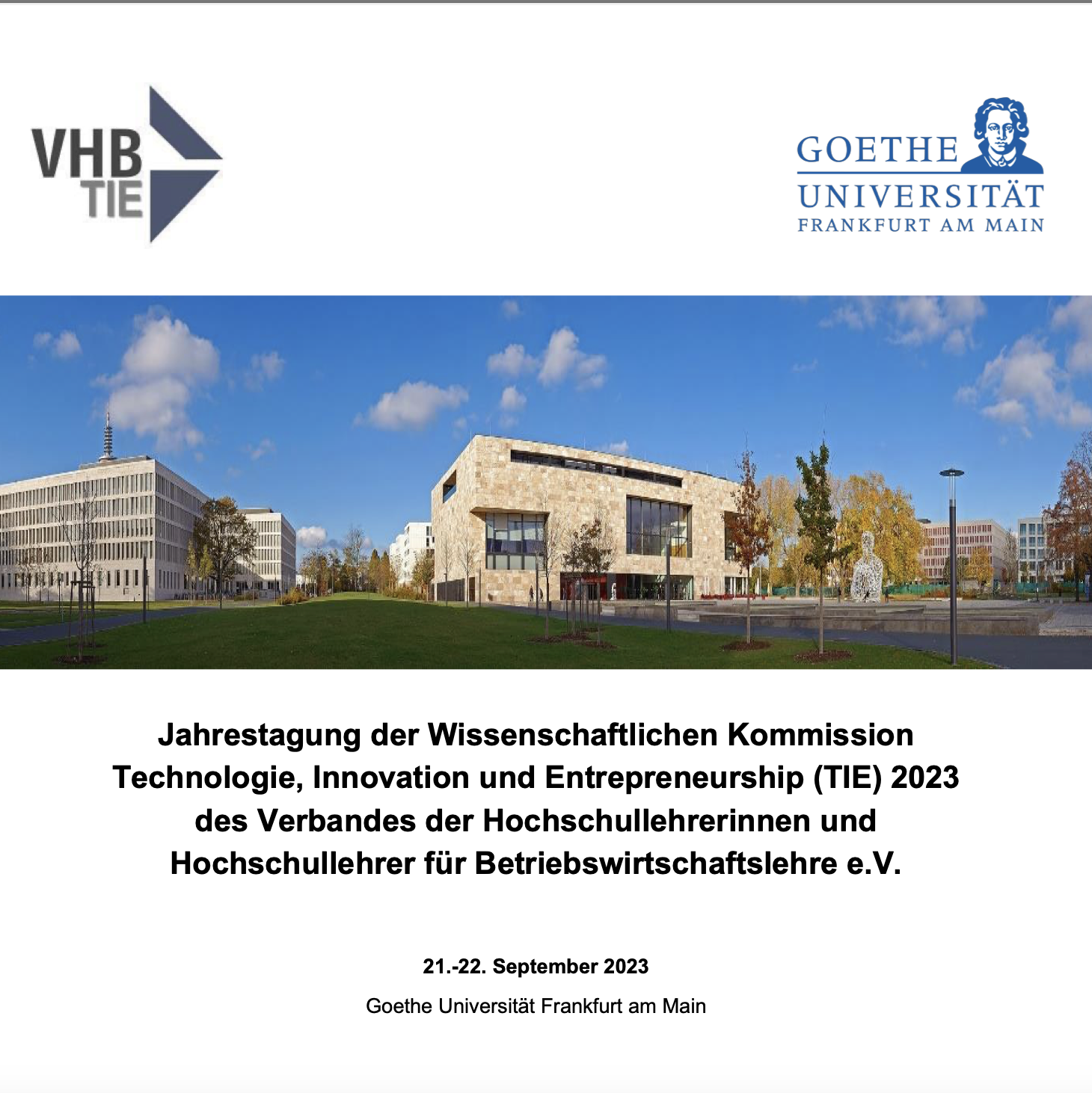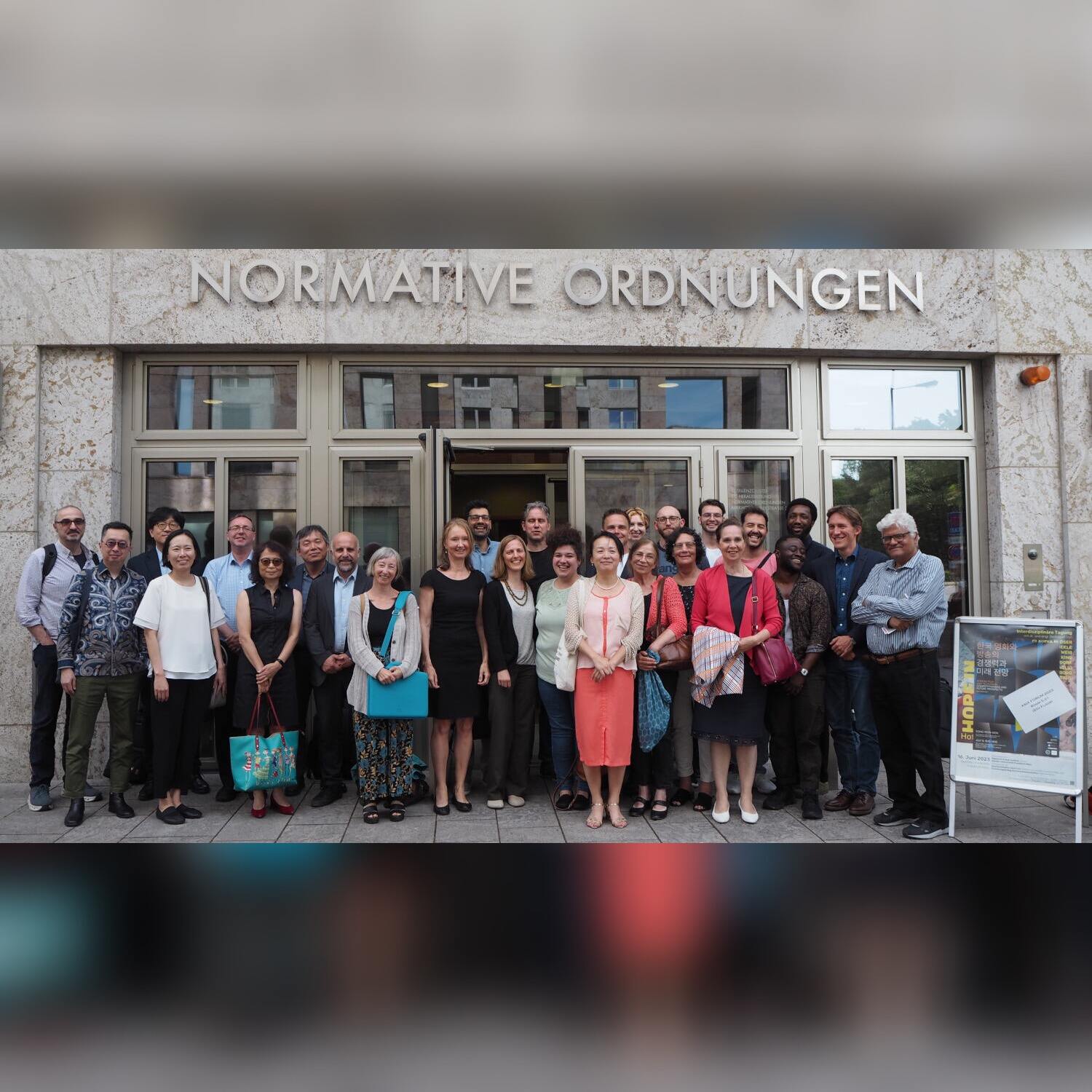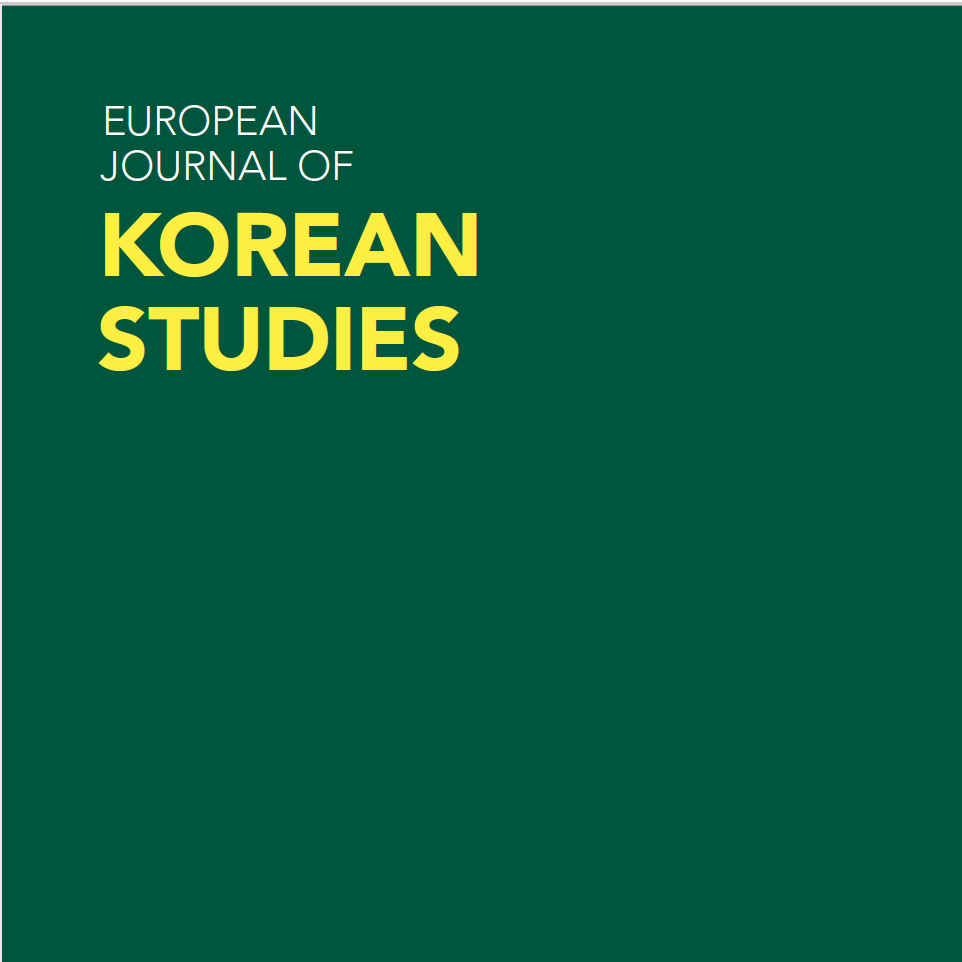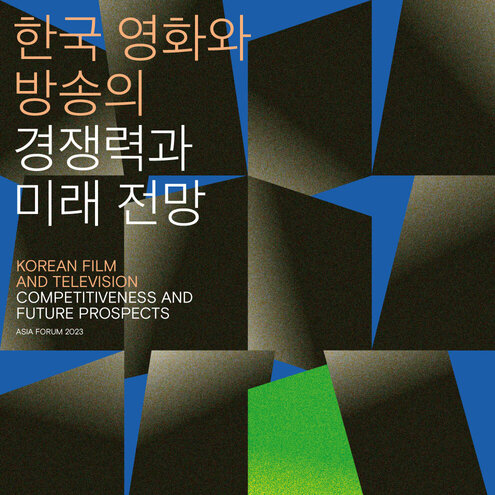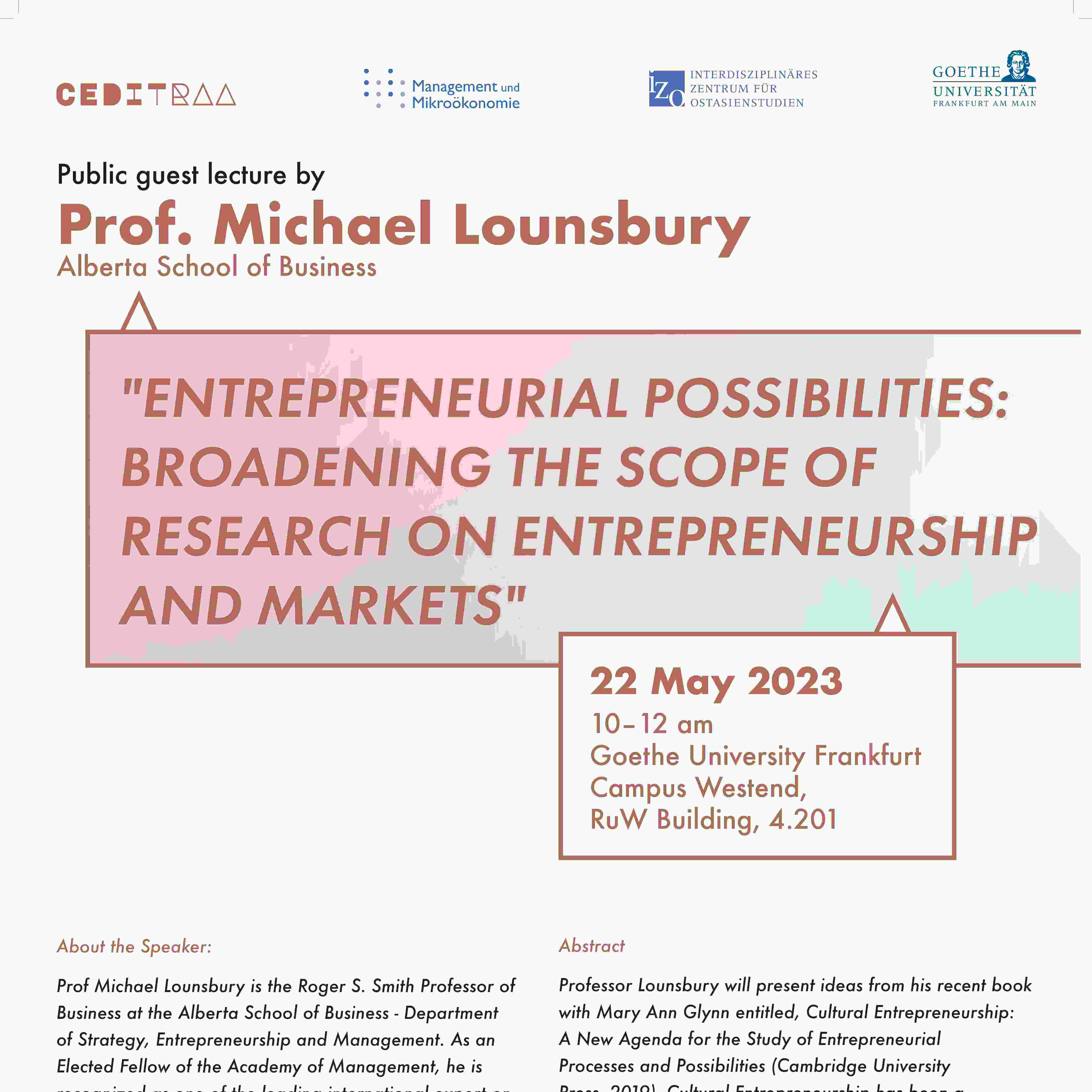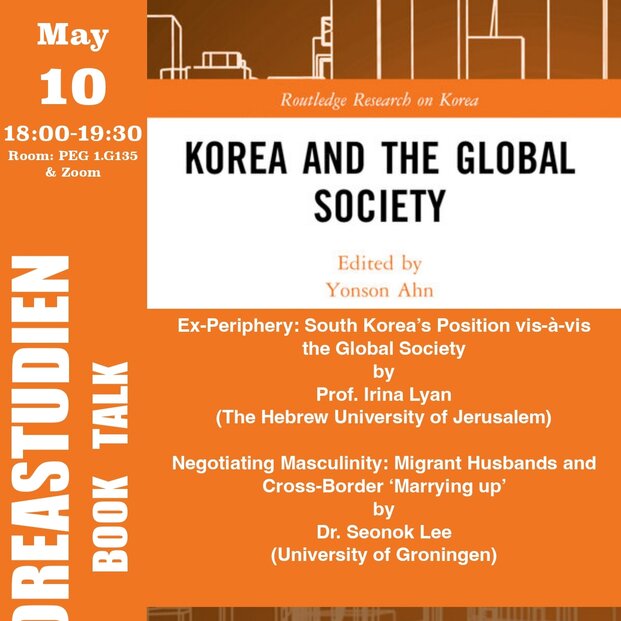Neuigkeiten

und Berichte über IZO-Veranstaltungen und Publikationen.
und Berichte über IZO-Veranstaltungen und Publikationen.

und Berichte über IZO-Veranstaltungen und Publikationen.
und Berichte über IZO-Veranstaltungen und Publikationen.
Suche nach Ankündigungen
Aktuelle Forschung

Beitragende: Helen Kim, Yonson Ahn, Jaok Kwon, Jihye Kim, Jan Creutzenberg, Katharina Süberkrüb, Yuri Ko, Jin-Wook Shin, Boyeong Jeong, Hannes B. Mosler, Yvonne Schulz Zinda, Yonsuk Chae
Zitierweise: Yonson Ahn and Jihye Kim eds. 2023. Cross-border Interactions and Encounters between Germany and Korea. Lanham: Lexington Books.
Aktuelle Forschung
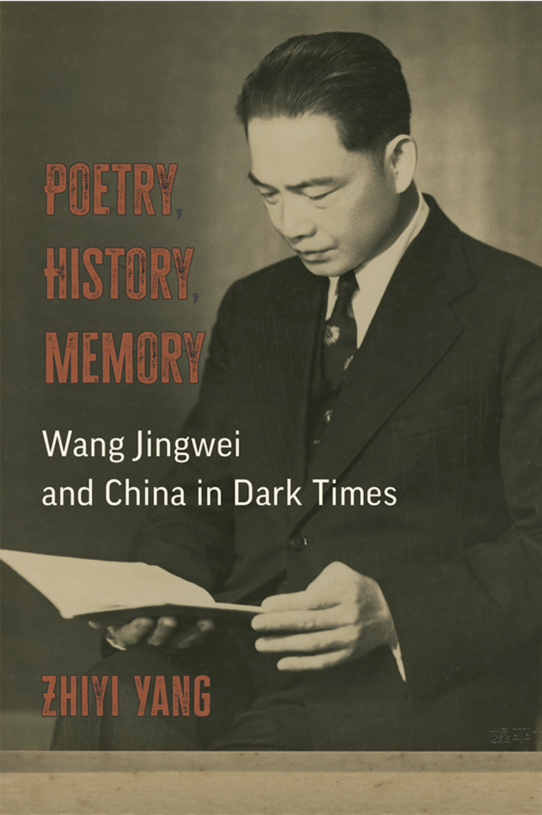
Wang Jingwei, Dichter und Politiker, Patriot und Verräter, war schon immer eine Persönlichkeit von großem akademischen und öffentlichen Interesse. Bis jetzt wurde seine Geschichte noch nie richtig erzählt, geschweige denn kritisch untersucht. Die Bedeutung seiner Biografie zeigt sich in einem anhaltenden Krieg um das kulturelle Gedächtnis: Das moderne Festlandchina verbietet ernsthafte akademische Forschungen über die Kollaboration in Kriegszeiten im Allgemeinen und über Wang Jingwei im Besonderen. In dieser kritischen Phase, in der die Erinnerung an den Zweiten Weltkrieg aus dem lebendigen Gedächtnis verblasst und sich in ein historisches Gedächtnis verwandelt, wird sich dieses Wissensembargo zweifellos auf die Art und Weise auswirken, wie sich China an seine antifaschistische Rolle im Zweiten Weltkrieg erinnert. In Poetry, History, Memory: Wang Jingwei and China in Dark Times liefert Zhiyi Yang eine längst überfällige Neubewertung von Wangs Einfluss auf die kulturelle Erinnerung an den Zweiten Weltkrieg in China.
In diesem Buch bringt Yang unterschiedliche Methoden in einen fruchtbaren Dialog, einschließlich ausgefeilter Methoden der poetischen Interpretation. Die Autorin argumentiert, dass Wangs Lyrik als öffentlicher Auftritt einer privaten Stimme eine zentrale Rolle bei der Konstruktion seiner politischen Identität spielte und die posthume Erinnerung der Öffentlichkeit an ihn stark beeinflusste. Auf der Grundlage von Archiven (in der VR China, Taiwan, Japan, den USA, Frankreich und Deutschland), Memoiren, historischen Zeitschriften, Zeitungen, Interviews und anderen wissenschaftlichen Arbeiten bietet dieses Buch die erste Biografie Wangs, die sein politisches, literarisches und persönliches Leben in einem kritischen Licht und mit wohlwollender Unvoreingenommenheit betrachtet.
IZO Events
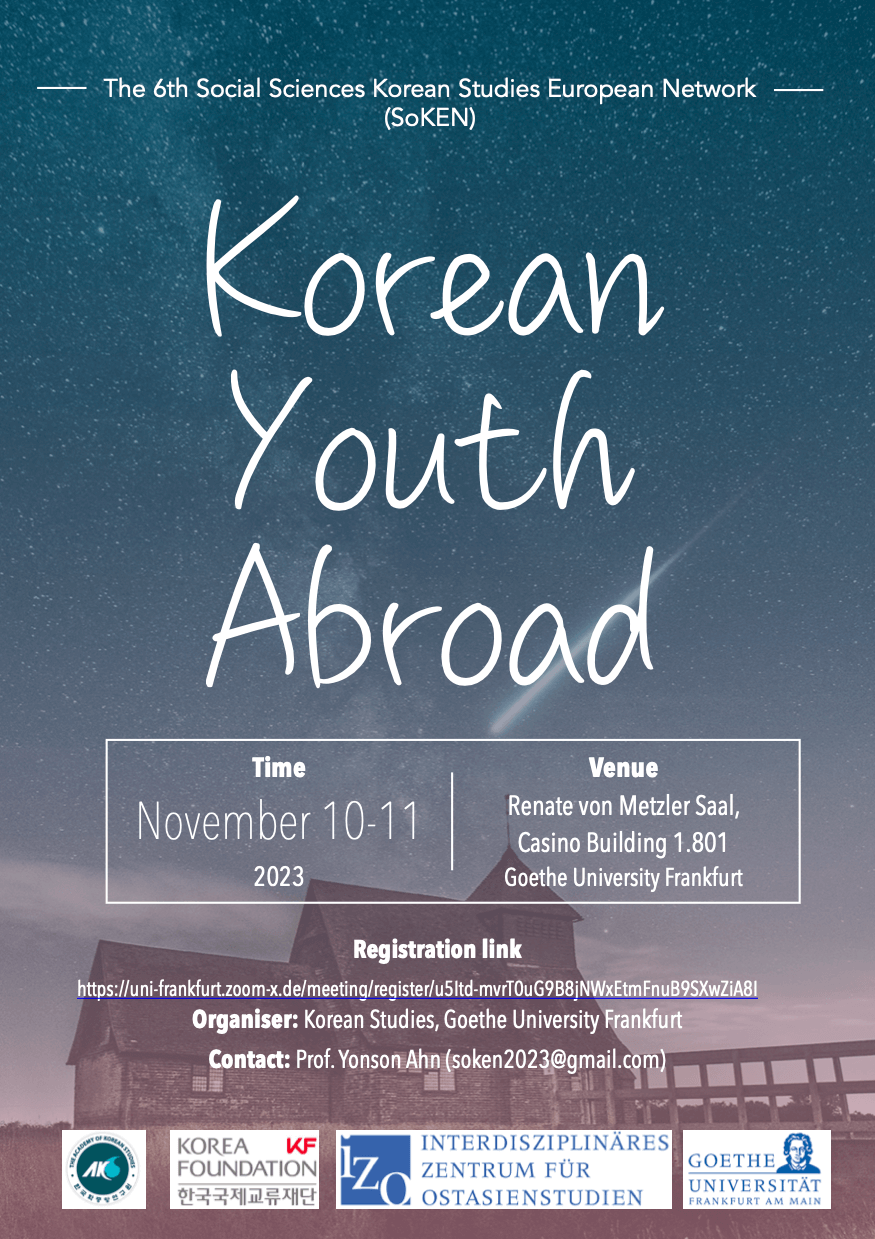
18 exzellente Vorträge über koreanische Jugendliche im Ausland, wie z.B. die koreanische Diaspora der zweiten Generation, junge temporäre Migrant*innen (z.B. Inhaber von Working Holiday Visa und Entwicklungshelfer*innen) sowie koreanische Studierende im Ausland wurden für die Konferenz ausgewählt. Die Keynote wird von Dr. Sunhee Koo (University of Auckland) gehalten. Diese Konferenz wird einen großen Beitrag zur Diskussion und zur Produktion von Forschungsergebnissen in den koreabezogenen Sozialwissenschaften in der europäischen und der globalen Gemeinschaft der Koreastudien leisten und dient zur Erweiterung des Netzwerks für einen nachhaltigen Austausch.
An der Konferenz kann vor Ort im Renate von Metzler Saal (Casino 1.801) oder über Zoom (https://uni-frankfurt.zoom-x.de/meeting/register/u5Itd-mvrT0uG9B8jNWxEtmFnuB9SXwZiA8I) teilgenommen werden.
Programm:
10. November 2023
10:20-10:50 Begrüßung
Prof. Yonson Ahn (Korean Studies, Goethe University Frankfurt) Mr. Byung-Kuk Woo, Director, Korea Foundation Berlin Office
11:00-12:30 Panel 1 Korean Youth in the Global South
Chair: Ruixin Wei
1. Jihye Kim (University of Central Lancashire & Goethe University Frankfurt) Ethnic Churches and Second-Generation Korean Brazilians in São Paulo
2. Jeong Taek Lim (University at Albany) Ethnic Identity of Korean-Vietnamese Adolescents Living in Vietnam: A Qualitative Study with an Ecological Approach
3. Young Su Park (Seoul National University) Online Of Two Velocities: Bifurcated Life Trajectories and Visions of Korean Aid Workers in Ethiopia
12:30-14:00 Pause
14:00-15:30 Panel 2 Korean Youth in the Global South
Chair: Lynne Soon-Chean Park
4. Jihye Son (Korea University) A Comparative Study on the Language and Bicultural Identity of the Next Generation of Koreans in Brazil and Argentina
5. Ananya Mahir (Independent Researcher) Role of Young Koreans in Shaping Korea's Image in India
6. Kyungmin Bae (University of the Philippines) Return Migration to Where I was Not Born: Two Korean-Filipino Youth's Experience
16:00-17:30 Panel 3 Experiences of International Students
Chair: Bonnie Tilland
7. Jeehun Kim (Inha University) Multiple Purpose/Journey Migration: Lived Experiences of Korean University Students and Recent Graduates in Singapore
8. Hyunah Cho (University of Leeds) Musical Engagement and Subjective Wellbeing amongst Korean Students in the UK
9. Sung Un Gang (Technische Universität Berlin) Breaking Boundaries: Queer Korean Youth and Their Experiences of Studying Abroad
11. November 2023
10:00-10:50 Keynote Lecture
10. Sunhee Koo (University of Auckland) Culture, Meaning, and Overseas Korean Youth Identity: A Research Prospectus for the Past and Future
11:00-12:00 Panel 4 New Generation Koreans
Chair: Jeehun Kim
11. Ruixin Wei (Goethe University Frankfurt) The Ethnic Boundary-Making/Unmaking of Korean Chinese Youth in the Consumption of Korean Popular Culture
12. Lynne Soon-Chean Park (University of Auckland) Otherness, Acculturation and Social Identity: A Qualitative Inquiry of the Emergence of Ethnic Identity among 1.5- and 2nd-generation Korean New Zealanders
12:00-13:30 Pause
13:30-15:00 Panel 5 Culture, Soft Power and Korean Youth
Chair: Hyunah Cho
13. James Jungho An (Independent Researcher), Yoona Kim (KAIST), Wonjae Choi (Seoul National University), Myunggu Jung (KAIST) Changes in the Notion of Success Through Hip Hop Music of Young Korean-American Rappers
14. Bonnie Tilland (Leiden University) King Sejong Institutes, Korean Teachers, and Soft Power
15. Carolyn Choi (Princeton University) Online At the Intersection of Race and Global Nation-Building: English Language Travel, Labor Market Segmentation, and Low-Wage Work among South Korean Working Holidaymakers in Australia
15:30-17:00 Panel 6 Ethnic Entrepreneurship and Employment
Chair: Kyungmin Bae
16. Jingeum Lee (Goethe University Frankfurt) Intercultural Business Communication in Korean Companies Near Frankfurt Am Main
17. Stephen Cho Suh (San Diego State University) and Brian Woohyun Kim (Seoul National University) Online Serving Diaspora in the Homeland: Korean American Culinary Entrepreneurs in Seoul's Food and Beverage Industry
18. Juhee Jeong (Heidelberg University) and Xiaoying Jin (Heidelberg University) Online The Contribution of Sending Country's Policy Initiative to Youth Mobility: Case Study of South Korea's Overseas Employment Support
IZO Events

IZO Events
Dieser internationale Workshop, der vom IZO Early Career Researcher Network finanziert wurde, brachte 13 Teilnehmer*innen aus acht Ländern (plus vier virtuelle Teilnehmer*innen) zusammen, um die sich verändernde Rolle Asiens im globalen Finanzsystem zu untersuchen.
Die Regeln, Normen und Verfahren, die den grenzüberschreitenden Geld- und Finanzverkehr regeln, sind zentrale Grundsteine der Weltwirtschaft. In der liberalen Finanzordnung ermöglichen die dieser Finanzordnung zugrunde liegenden Prinzipien den freien grenzüberschreitenden Kapitalfluss und die Erzielung privater Gewinne, um eine "effiziente" Ressourcenallokation zu erreichen. Diese Normen für die Funktionsweise des globalen Finanzsystems wurden weitgehend von den Vereinigten Staaten eingeführt und von den europäischen Staaten übernommen. Der Anteil Asiens am globalen Finanzsystem nimmt inzwischen zu. Im Jahr 2020 entfielen auf die asiatischen Finanzsysteme 34,3 %, 43,1 % bzw. 29,3 % der globalen Anleihe-, Aktien- und Futures-Märkte. In aktuellen Analysen der globalen Finanzordnung wird die wachsende Bedeutung Asiens jedoch eher vernachlässigt: Entweder liegt der Schwerpunkt auf Chinas Herausforderung der liberalen Märkte oder (andere) asiatische Länder werden auf nationaler oder regionaler Ebene analysiert und verglichen.
Dieser Workshop sollte eine Brücke zwischen diesen Analyseebenen schlagen, indem er die Globalisierung der asiatischen Finanzsysteme/-akteure und ihre Beziehung zur liberalen Finanzordnung untersuchte und dabei Fragen wie die folgenden untersuchte:
• Wie integrieren sich die asiatischen Finanzakteure in das globale Finanzsystem?
• Stellen sie liberale Normen der Marktorganisation in Frage, nehmen sie diese an oder fügen sie sich ihnen?
• Wie betreiben sie wirtschaftliche und finanzielle Staatskunst, und welche Reaktionen sind auf den internationalen Märkten zu erwarten?
• Wie interagieren die globalen Finanzakteure mit den asiatischen Finanzsystemen?
• Was sind die geopolitischen und geoökonomischen Auswirkungen dieser Entwicklungen?
Vor dem Workshop fand außerdem eine Veranstaltung zum Thema "Publishing in Academic Journals" für Nachwuchswissenschaftler*innen statt, an der ebenfalls 10-15 Personen teilnahmen, hauptsächlich ECRs der Goethe-Universität. Weitere Informationen zu dieser Veranstaltung, die darauf abzielte, den akademischen Publikationsprozess zu entmystifizieren, und die eine Frage- und Antwortrunde mit einer ehemaligen Zeitschriftenredakteurin (Lena Rethel, Review of International Political Economy) beinhaltete, finden Sie hier.
IZO Events
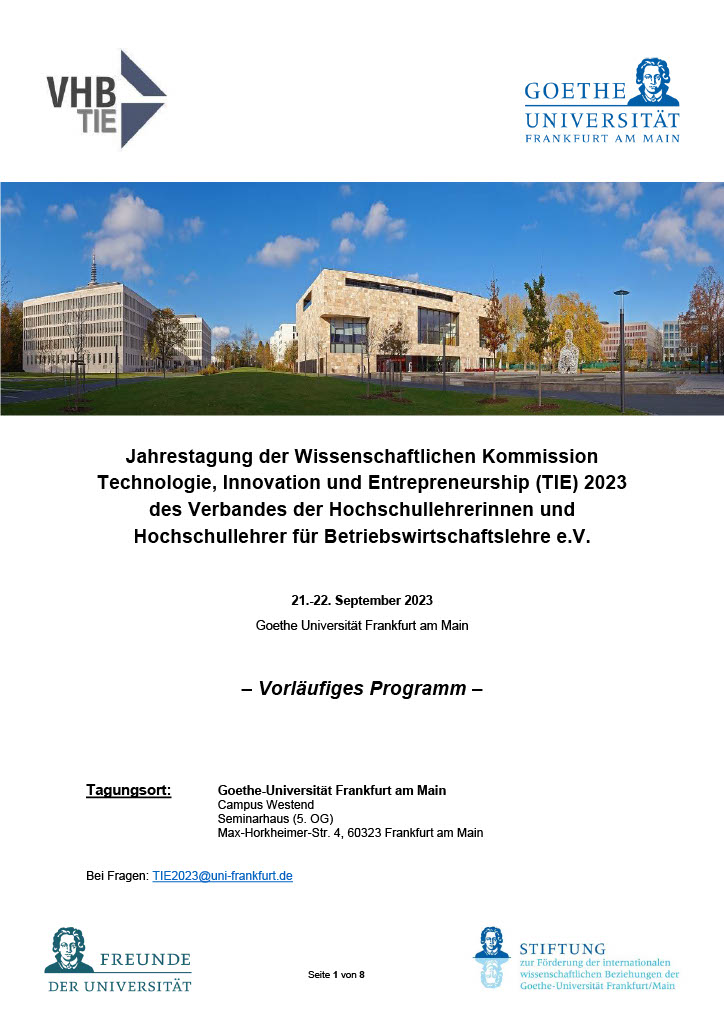
Die Jahrestagung der Wissenschaftlichen Kommission Technologie, Innovation und Entrepreneurship (TIE) 2023 des Verbandes der Hochschullehrer für Betriebswirtschaft e.V. findet am 21/22. September 2023 an der Goethe Universität Frankfurt statt.
Die Tagung, organisiert von Prof. Dr. Cornelia Storz (Innovation und Entrepreneurship), Prof. Dr. Simone Wies (Marketing Strategy und Performance) und Prof. Dr. Lars Schweizer (Strategisches Management) wird auf dem Campus Westend der Goethe Universität stattfinden.
IZO Events
Der Workshop des Asia Forums bestand aus vier Teilen. Gary Rawnsley und Benjamin Tallis begannen mit einer theoriegeleiteten Diskussion über das Konzept Soft Power, seinen Mehrwert und seine Grenzen und reflektierten über Soft Power und die kulturellen Implikationen aktueller politischer Angelegenheiten. Song Hwee Lim stellte eine spannende Verbindung zwischen Soft Power und Geopolitik her, indem er anhand von Filmen und Dokumentationen die geopolitische Dynamik in der Ukraine, Hongkong und Taiwan veranschaulichte. Michael Keane beendete die Sitzung über den theoretischen Rahmen mit einem Überblick über Soft Power, wobei er sich auf ihre Anwendung und Aneignung im Falle Chinas und Ostasiens insgesamt konzentrierte.
Der zweite Teil konzentrierte sich speziell auf Hallyu und ihre Verbindung zur südkoreanischen Soft Power. Dal Yong Jin stellte die Entstehung der koreanischen digitalen Soft Power vor und erläuterte, wie die koreanische Regierung ihre kulturellen Exporte in diplomatisches Branding umsetzt. Sangjoon Lee präsentierte einen Überblick über die Geschichte und den Wandel der koreanischen Filmindustrie seit den 1990er Jahren sowie die Gründe für ihren Erfolg. Mark R. Plaice reflektierte über koreanische Soft Power und den Einfluss der koreanischsprachigen Bildung. Die Sitzung endete mit einer von Cornelia Storz moderierten Podiumsdiskussion zum Thema “Can the “Soft Power” Concept Explain the Global Success of Korean Culture and its Impact?”.
Der dritte Teil des Workshops erweiterte den Blickwinkel, indem er sich mit der Soft-Power-Politik anderer ostasiatischer Staaten befasste. Nissim Otmazgin erörterte Japans lange Geschichte der Soft Power und das Ausmaß und den Aufwand, den die japanische Kultur- und Außenpolitik betreibt, um diese Vorteile zu nutzen. Am Beispiel Taiwans erörterte Ting-ying Lin die neu gegründete Institution TAICCA und erklärte, wie die Tsai-Regierung die nationalen Werte Taiwans durch die Creative Industries neu definiert. Paola Voci untersuchte kritisch das Innenleben der Soft Power-Politik und ihre zweideutige Verbindung zu offiziellen und marginalisierten Kulturprodukten, wobei sie insbesondere Chinas Soft Power als "cracked Game" betrachtete. Ying Zhu verglich die aufstrebende K-Pop-Industrie mit Chinas abnehmender Soft Power. Schließlich präsentierte Keun Lee seine Erkenntnisse über die Transformation der koreanischen Filmindustrie, bei der die Marktliberalisierung, der Staat und weitere Schlüsselakteure eine entscheidende Rolle bei der Revolutionierung der Branche spielten.
Im Sinne der transregionalen Perspektive des CEDITRAA-Projekts haben wir in der abschließenden Sitzung auch Wissenschaftler*innen eingeladen, um die "koreanische Welle" in ihrer Anwendung und Auswirkung auf afrikanische Länder zu untersuchen. Olusola Ogunnubi erörterte Nigerias Potenzial, ein regionales kulturelles Zentrum zu werden, das kulturelle Soft Power in Afrika ausübt. Suweon Kim analysierte die Möglichkeiten in Südafrika, die von koreanischen Unternehmen vernachlässigt wurden. Sie schlug eine südafrikanisch-südkoreanische Solidarität im Lichte von kultureller Empathie, kollektivem Stolz und Ausgrenzung vor. Usaku Wammanda befasste sich mit den Auswirkungen des K-Drama-Konzepts auf die nigerianische Kultur, was unsere bisherigen Soft Power Diskurse erweiterte. Ein letztes Panel unter der Leitung von Vinzenz Hediger mit dem Titel "Soft Power: Core Element, Complement or Compensation?" beendete unsere zweitägige Konferenz.
Auch der öffentliche Vortrag zum Thema “Korean Film and Television – Competitiveness and Future Prospects” des Filmproduzenten und CEO von Realies Pictures Dong Yeon Won lockte am Abend des 6. Juli ein großes Publikum in den Renate-von-Metzler-Saal der Goethe-Universität. Moderiert von Prof. Yonson Ahn vom IZO bot der Vortrag und die Diskussion mit Herrn Won Einblicke aus erster Hand in die Praxis und die Erfolgsfaktoren der koreanischen Film- und TV-Produktion.
Wir möchten allen Teilnehmer*innen, die nach Frankfurt gekommen sind, für ihren Beitrag zu einer lebendigen, kritischen und fruchtbaren Debatte danken, die sicherlich in verschiedenen Folgeformaten fortgesetzt werden wird.
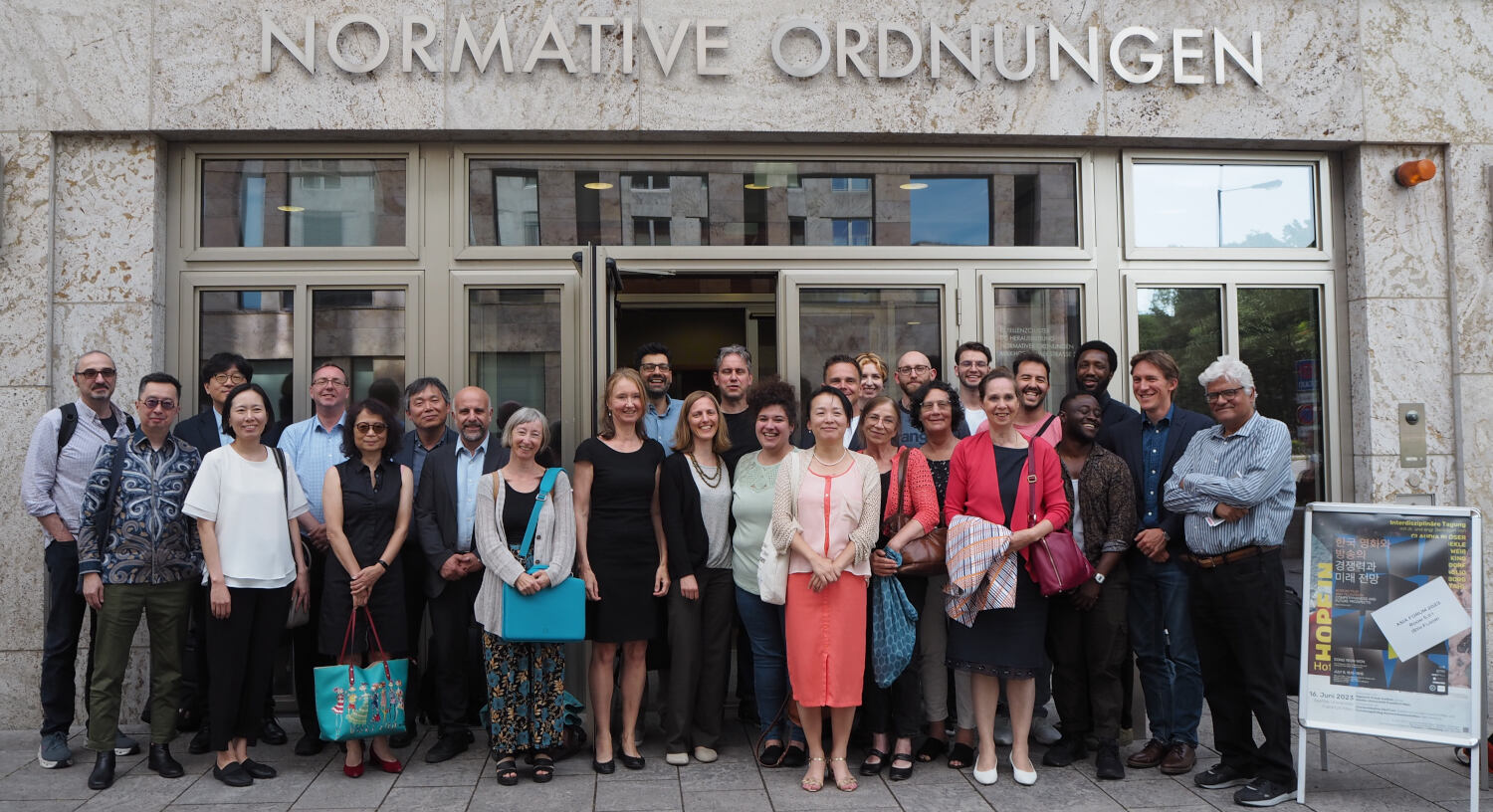
Aktuelle Forschung

1) Yonson Ahn. “Maternal Practices of Korean Healthcare Workers in Germany” European Journal of Korean Studies, vol. 22 no.2 (2023): 11-43. https://doi.org/10.33526/ejks.20232202.11
In diesem Artikel untersucht Yonson Ahn die Maßnahmen und Verhaltensweisen von koreanischen Müttern bei der Erziehung ihrer Kinder, die als Arbeitsmigranten im deutschen Gesundheitswesen arbeiteten, dabei bezieht sich Ahn besonders auf den Zeitraum zwischen den 1960er und 1990er Jahren und stützt sich vornehmlich auf persönliche Berichte. Die Migrantinnen wanderten als „Gastarbeiter“ in die ehemalige Bundesrepublik Deutschland ein und blieben im Laufe ihres Arbeitslebens in Deutschland und/oder kehrten nach Beendigung ihrer Tätigkeit nach Südkorea zurück. Die Studie zeichnet nach, wie diese Migrantenmütter konkurrierende soziale Diskurse über Mutterschaft, die sich aus den unterschiedlichen kulturellen und historischen Hintergründen in der neuen Aufnahmegesellschaft ergeben, navigieren und ausgleichen. Besonderes Augenmerk wird auf die Art und Weise gelegt, wie Mutterschaft von Migrantenmüttern in geschlechtsspezifischen Familienrollen im Laufe der im Gastland verbrachten Zeit – von der Kindheit bis zum Erwachsenenalter – verhandelt und erlebt wird. Es werden verschiedene Praktiken und Strategien für Kinderbetreuungsarrangements und Erziehung zur Aufrechterhaltung einer Migrantenfamilie im Gastland diskutiert. Eine weitere wichtige Frage, die untersucht wird, ist die Art und Weise, wie die eigene Kultur und die Werte der Migranten ihre ethnospezifischen Praktiken der Kindererziehung beeinflussen. In diesem Zusammenhang werden die Anforderungen und Bestrebungen einer kulturübergreifenden Mutterschaft erforscht, die darauf abzielt, Kinder mit doppelter kultureller Kompetenz sowohl in der Herkunfts- als auch in der Zielkultur aufzuziehen.
2) Gemeinsam mit Jihye Kim hat Yonson Ahn einen weiteren Artikel über koreanische Migration in Europa veröffentlicht.
Jihye Kim & Yonson Ahn, “Gradual, Diverse, Complex—and Unnoticed: Korean Migration in Europe”, European Journal of Korean Studies, vol. 22, no. 2 (2023): 1-10.
Trotz der langen und interessanten Geschichte der Migration von Koreanern nach Europa und der ständigen und zunehmenden Mobilität und Bewegungen zwischen den beiden Regionen, ist die Migration im Allgemeinen nach wie vor ein Bereich, der selbst im Hinblick auf die drei wichtigsten Zielländer der Koreaner in Europa, Deutschland, Vereinigtes Königreich und Frankreich nur unzureichend erforscht worden ist. Die koreanische Migration in Europa wurde durch eine Vielzahl an Beweggründen motiviert und entwickelte sich in jedem europäischen Land dynamisch. Diese Studie trägt dazu bei, die bestehenden Lücken zu schließen, indem sie bisher unerforschte Themen aufgreift und zur Weiterentwicklung bestehender Theorien und Konzepte in der Migrationsforschung beiträgt.
IZO Events
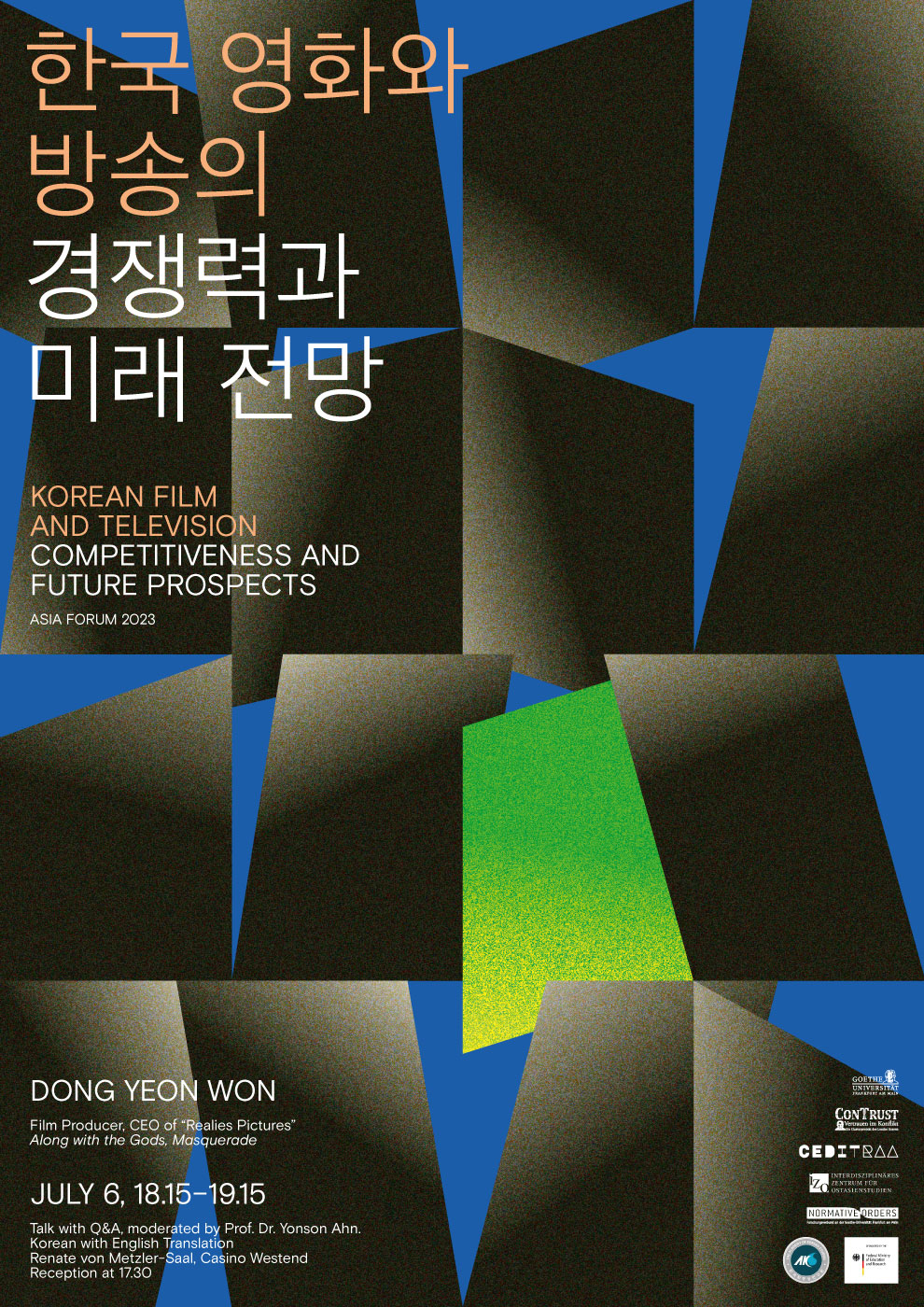
Nach dem ersten erfolgreichen IZO Asia Forum im Jahr 2019 und einer durch die Pandemie erzwungenen Pause freuen wir uns, im Juli 2023 das zweite Asia Forum in Frankfurt durchführen zu können. Dieses Jahr stehen Korea und die globale Ausstrahlungskraft der koreanischen Kultur im Zentrum der Veranstaltung.
https://www.izo.uni-frankfurt.de/ | https://contrust.uni-frankfurt.de/ | https://www.ceditraa.net/
IZO Events

Dr. Choon Key Chekar, leitende wissenschaftliche Mitarbeiterin an der Lancaster Medical School, Universität Lancaster, befasst sich mit dersüdkoreanischen Gesundheitspolitik im Zusammenhang mit COVID. COVID-19 hat weltweit Herausforderungen mit sich gebracht, aus denen mehrere gemeinsame Lehren gezogen werden mussten. Dennoch sind wir mit Berichten überschwemmt worden, die nationale Pandemie-Reaktionen als inhärent und einzigartig für bestimmte Länder charakterisieren, was zu einem COVID-Exzeptionalismus führte. Dieser Vortrag stellt Mythen über Südkoreas „erfolgreiche“ Reaktionen auf die COVID-19-Krise in Frage. In diesem Vortrag wird erörtert, welche Nachteile die Rhetorik des kulturellen Exzeptionalismus in der öffentlichen Gesundheitspolitik haben könnte. Der COVID-Exzeptionalismus hat möglicherweise nicht nur bestehende „(ost-)asiatische“ und „westliche“ Stereotypen verstärkt, sondern auch andere Probleme verursacht, wie z.B. die implizite Gewährung politischer Straffreiheit für diejenigen, die für die Koordination der COVID-19-Maßnahmen verantwortlich waren.
- Aktuelles und Presse
- Pressemitteilungen
- Öffentliche Veranstaltungen
- Uni-Publikationen
- Aktuelles Jahrbuch
- UniReport
- Forschung Frankfurt
- Aktuelle Stellenangebote
- Frankfurter Kinder-Uni
- Internationales
- Outgoings
- Erasmus / LLP
- Goethe Welcome Centre (GWC)
- Refugees / Geflüchtete
- Erasmus +
- Sprachenzentrum oder Fremdsprachen
- Goethe Research Academy for Early Career Researchers
- Forschung
- Research Support
- Forschungsprojekte, Kooperationen, Infrastruktur
- Profilbereich Molecular & Translational Medicine
- Profilbereich Structure & Dynamics of Life
- Profilbereich Space, Time & Matter
- Profilbereich Sustainability & Biodiversity
- Profilbereich Orders & Transformations
- Profilbereich Universality & Diversity


